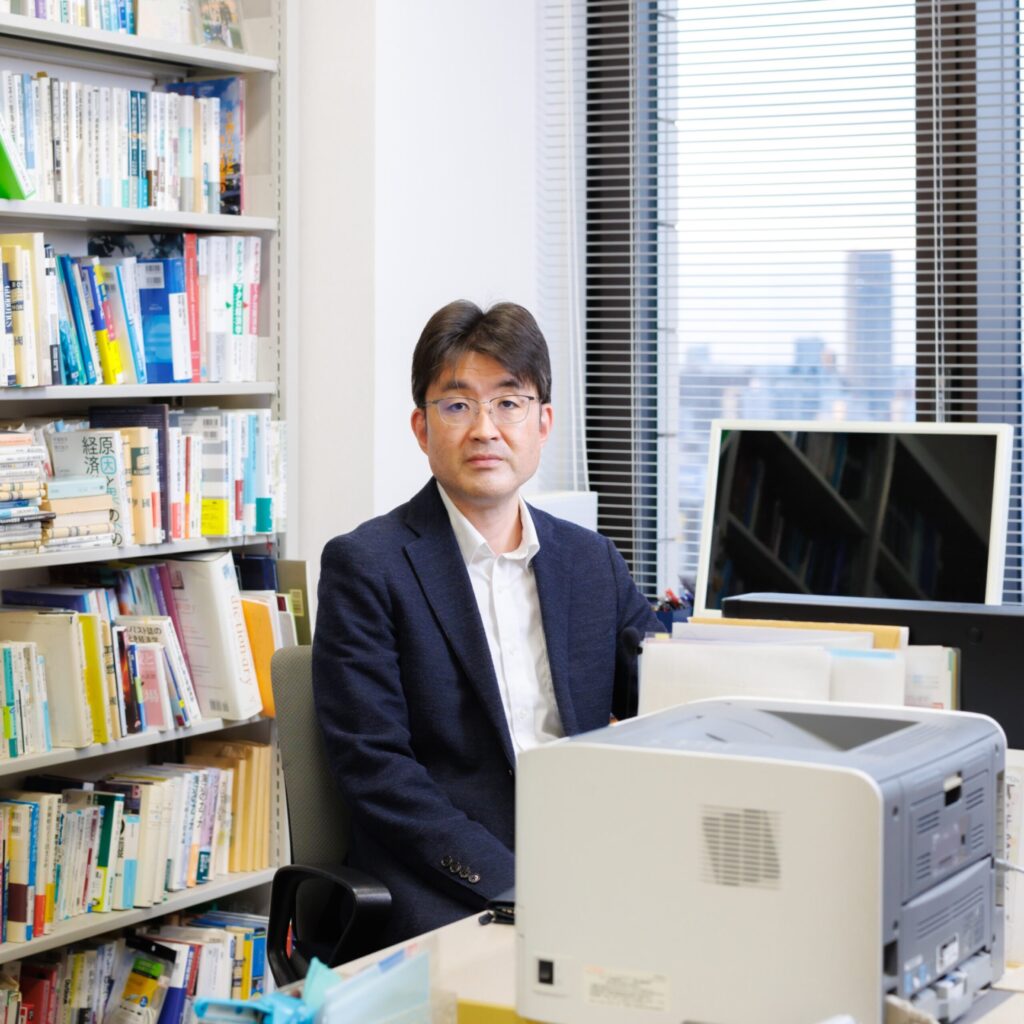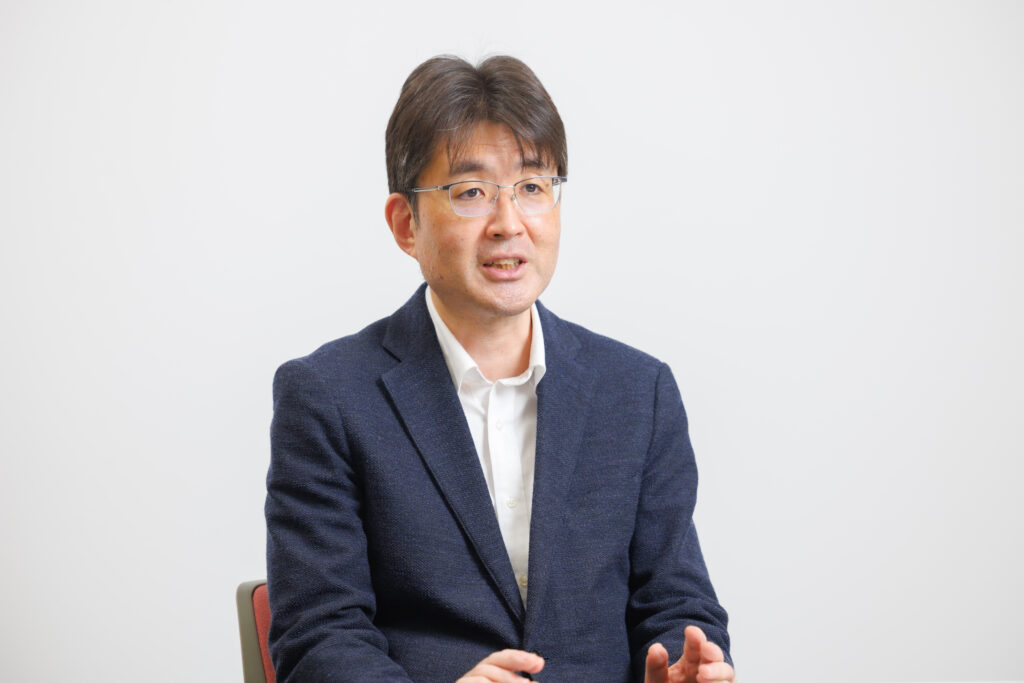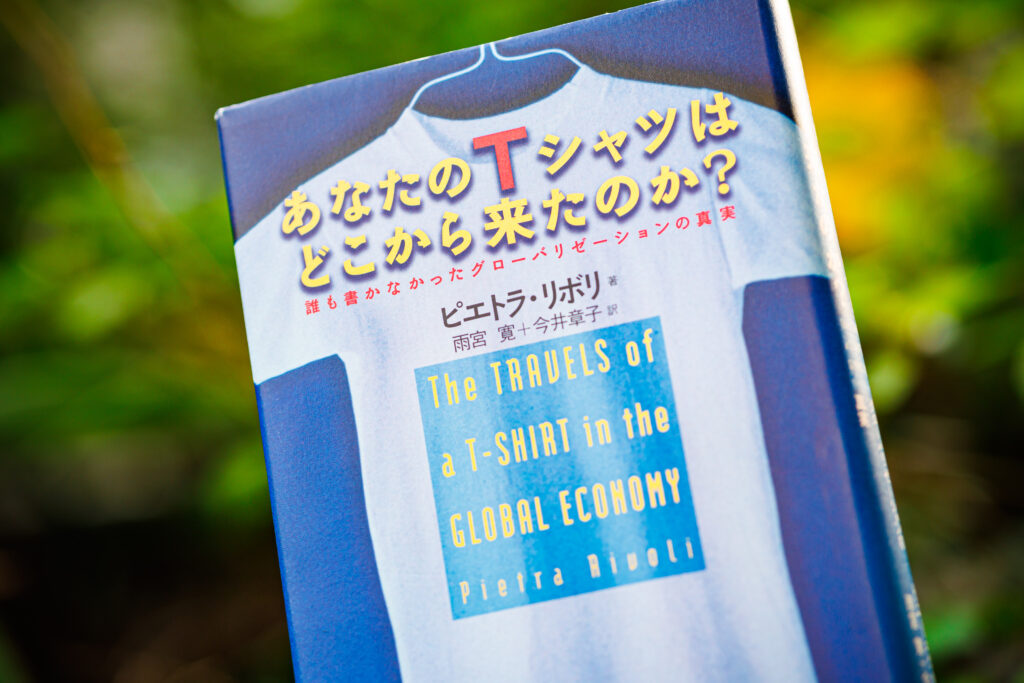
While economic activities enrich people’s lives, they also cause issues such as global warming and environmental destruction. Professor Morihiro Yomogida from the Faculty of Economics talks about the kind of rules needed for trade to achieve a balance between vibrant economic activities and solving of environmental issues.
I undertake research on international trade within the field of international economics. In particular, I focus on the relation between environmental issues and trade.
Fundamentally, international trade has merits for both the buying and selling countries. This is why 18th century Scottish economist Adam Smith advocated the importance of free trade. In fact, the restriction on free trade due to the Great Depression in the first half of the 20th century is said to be one of the factors that led to World War Two. Free trade is crucial to world peace.
At the same time, vibrant economic activities have an aspect of causing pollution and environmental degradation. How does trade expansion affect environmental issues? I conduct research on this relation.
Global CO2 emissions do not drop even if developed countries restrict them

In the Paris Agreement of 2015, a consensus was reached for reducing emissions of greenhouse gases. Since then, countries have been formulating various policies. The European Union (EU) is especially proactive in this aspect. The mainstream trend is to impose carbon taxes on products made using fossil fuels such as petroleum and coal.
At the same time, developing countries—such as China and India—are not as active in CO2 reduction. These countries are afraid that their economies may slow down if they tighten regulations.
It is true that developed countries have a history of emitting large amounts of CO2 in the past to achieve economic growth. These emissions continue to remain in the atmosphere and bring about global warming. To developing countries, it is unfair to only put the brakes on their economic development. Therefore, compared to developed countries, the CO2 emission constraints on developing countries are not as tight.
Here, trade becomes an issue. Free international trade is built upon the principle of production in countries with comparative advantage for export to countries with demand. As developed countries further reduce CO2 emissions, they become less capable of producing steel, iron, cement, and other products that use large amounts of fossil fuels.
As a result, they rely on imports that are exported from developing countries, where CO2 emission constraints are lax. In other words, when seen from the global level, CO2 emissions do not drop and may even increase. Such a scenario is called carbon leakage.
Using data to analyze how the introduction of carbon taxes will change Japan’s future
Today, the global economy is highly interconnected. It is essential for countries to cooperate in measures against global warming. In the EU, a broad agreement has been reached to commence implementation of a carbon tariff system—imposed based on the amount of CO2 emission—in October 2023.
After the implementation of carbon tariffs, will the level of imports into the EU decrease? Will carbon leakage be limited? How will global trade volume change? What is the impact on Japan? Right now, I am carrying out theoretical analysis based on all kinds of data.
Japan is still in the stage of studying schemes and has yet to introduce a proper carbon tax. There are many issues to consider, such as the tariff rate for effective CO2 reduction, the outcome if no action is taken, and the impact on trade.
In addition, it is necessary to provide clear evidence for the implementation of policies as there are also people who will be disadvantaged by the introduction of carbon taxes and tariffs. My research will also be helpful for the consideration of policies.
The book I recommend
“Anata no T-shatsu ha Dokokara Kitanoka?”(The Travels of a T-Shirt in the Global Economy)
by Pietra Rivoli, Japanese translation by Hiroshi Amemiya and Akiko Imai, Toyo Keizai Inc.

Where was the T-shirt, being sold at six dollars in the university, produced? This book traced the route taken by cotton produced in the US until it was made into a product at a garment factory in one of the poorest countries. The bright and dark sides of international trade are realistically portrayed through a single T-shirt.
-
Morihiro Yomogida
- Professor
Department of Economics
Faculty of Economics
- Professor
-
Received his Ph.D. in Economics from the University of Rochester in the US in 2003. Subsequently, took on various positions—such as assistant professor at the Graduate School of Economics, Hitotsubashi University—before assuming his current position in 2015.
- Department of Economics
Interviewed: October 2022